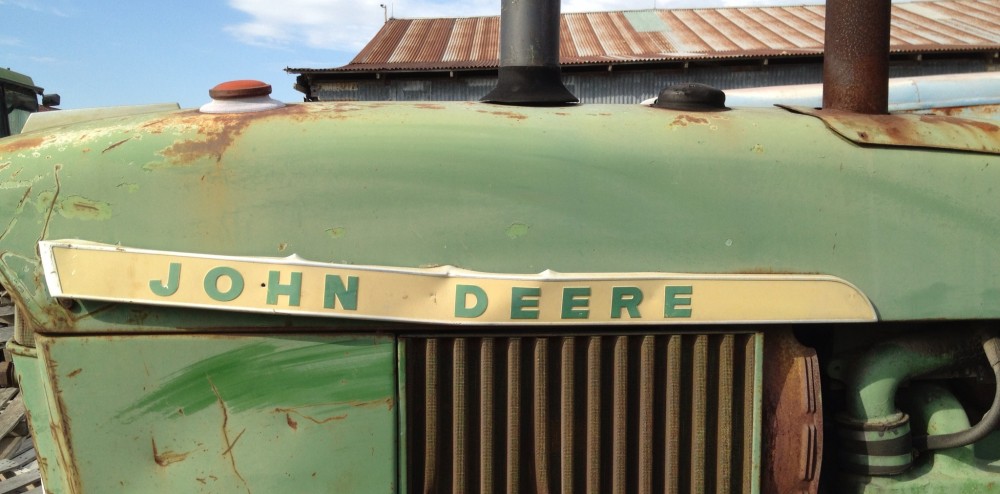Near the end of their time together, Paul McCartney of the Beatles wrote and sang “The Long and Winding Road.” On June 13, 1970, the song became the last number-one hit of the Boys from Liverpool. The ballad was also the last Beatles’ song while all four remained alive. In its way, the lyrics echo a plaintive plea for help and hope that resonates the sadness and joy of parting.
“The long and winding road that leads me to your door
“Will never disappear
“I’ve seen that road before, it always leads me here
“Leads me to your door
“Don’t leave me waiting here, lead me to your door
“Don’t keep me waiting here, lead me to your door”
We buried a D-Day survivor today. He was a hero, with three Bronze Stars and a number of Purple Hearts.
A year ago last summer, we buried another veteran of World War II. We buried my Dad.
It has been a long year, a long and winding road, a year of sadness, joy and hope in the future.
D-Day was The Day of the Allied Invasion of Europe. It was the last great effort and great risk to break the grip of the German Third Reich and free the peoples of the Continent. The Day, D-Day, was June 6, 1944.
It was a long day.
Many thousands of men fell and died that day.
I never knew my Dad crossed the English Channel on D-Day. Some weeks after his funeral, my sister said simply, “Did you know Dad landed in Europe on D-Day?” I didn’t. It must have shone on my face. My sister added, “He was one of only a few from his company who survived the day.” I didn’t know.
The hero we buried today was one of only a few of his company who survived D-Day and the days after that. I don’t think many at the funeral and standing beside the grave knew.
Our survivors didn’t talk much of that day. They said little, if anything, of the long hard days that followed and the biting cold of the coldest winter in European history. They did not mention the snow, ice and falling temperatures that sapped their strength and froze their bodies. In passing, my Dad commented briefly that the Battle of the Bulge had occurred in a frozen wasteland. The Battle of the Bulge, the battle that bulged back the allied lines, was Germany’s last great counter attack. It failed at great loss of life to both sides. The soldier we buried today said little more to his children and grandchildren.
It is the survivors’ way.
We buried the Sergeant on a quiet Texas hillside. A light wind cooled the mourners as we stood in the hot sun. Behind us, back near the old white church, ran the ridge road. The road was likely the old military highway that connected the early Calvary posts when the land was wild and Native Americans camped in their teepees near the stream below. White wild flowers bloomed on the slope. I like Texas that there always seem to be flowers at the right times and in the right places. This was a good place, on the high ground with the blue sky, a good place to rest and view the fields and trees stretching to the horizon.
My Dad was a Sergeant too. He is with my Mom, who was also a veteran. They lie together, side by side, beneath the crosses, row on row, in a far place north of here. In its manner, it is also a very pleasant place to see.
The two Sergeants, my Dad and the one today, never met, that I know of. Had they met while they lived, I am confident they would have recognized each other immediately. I know, with a certainty, they know each other now.
Their roads lead to the same door.
It is the heroes’ way.
Grandpa Jim
